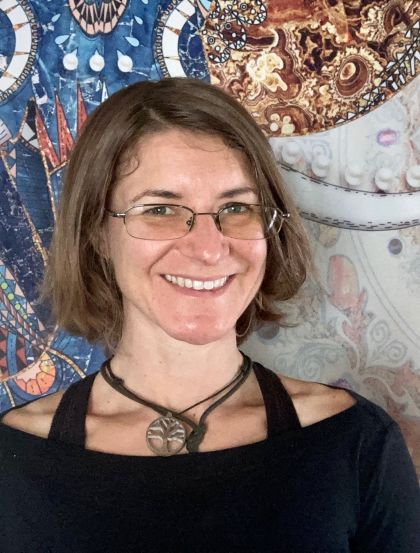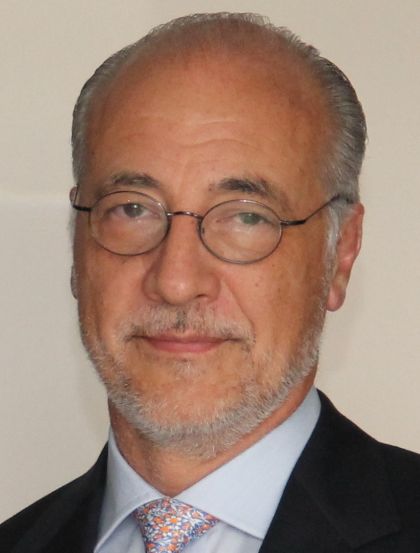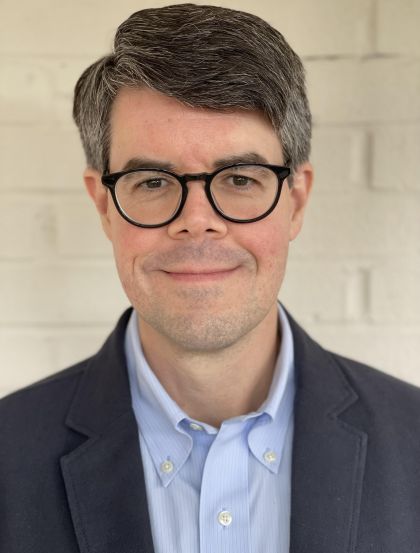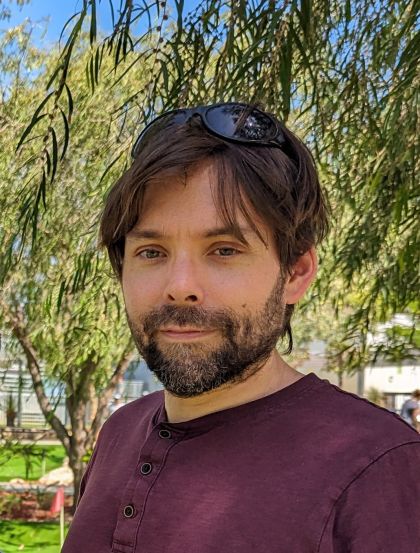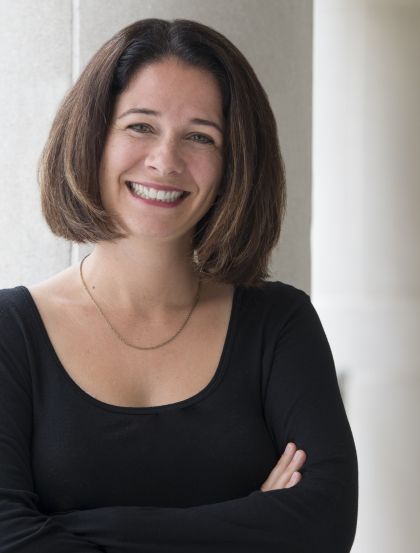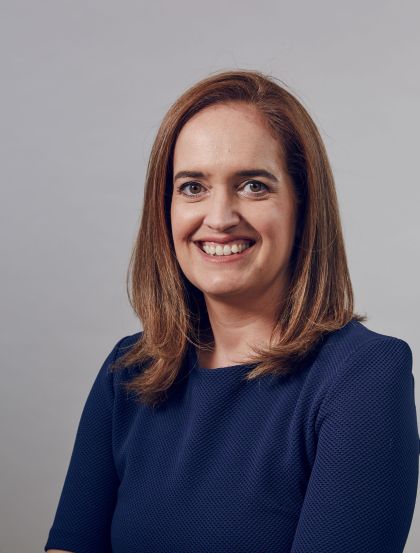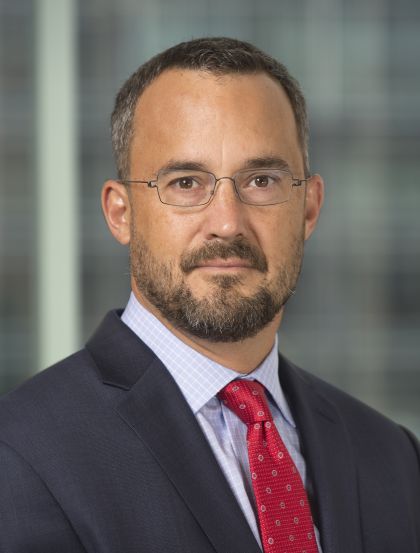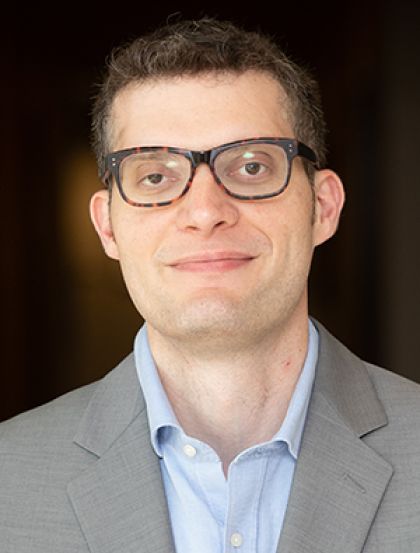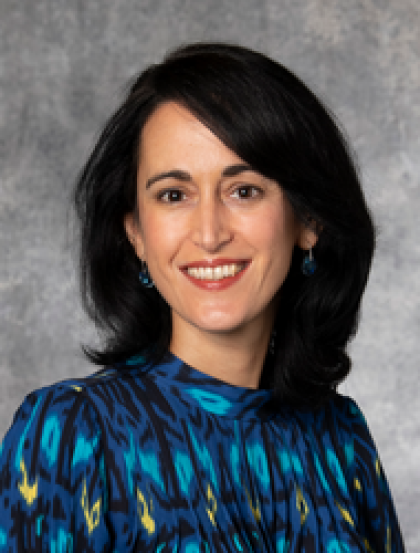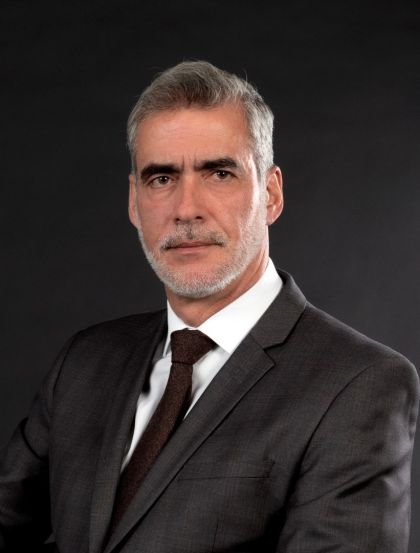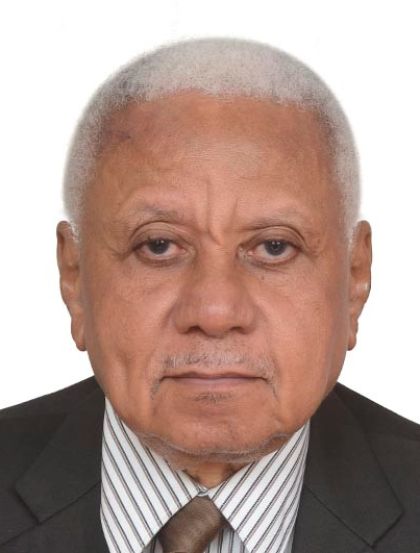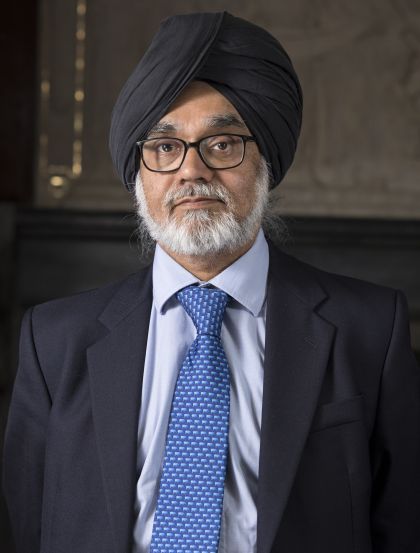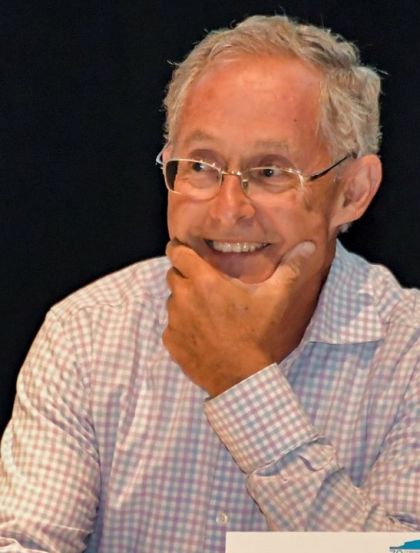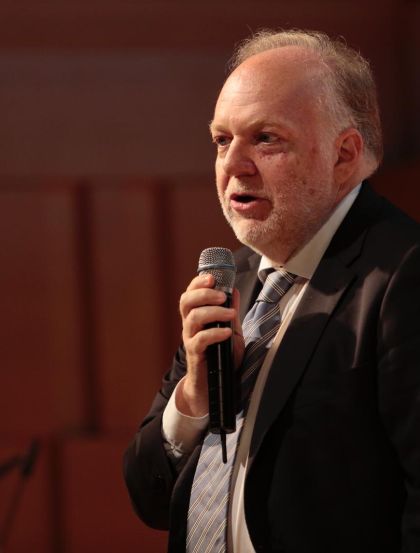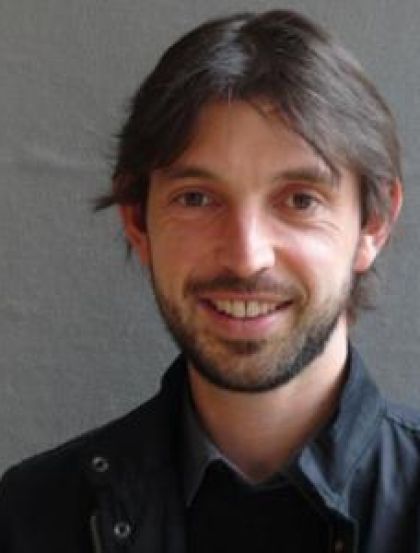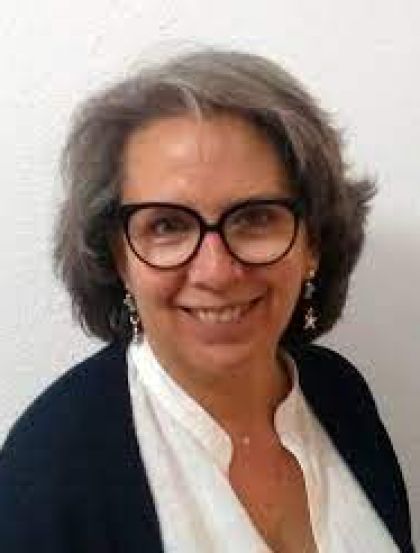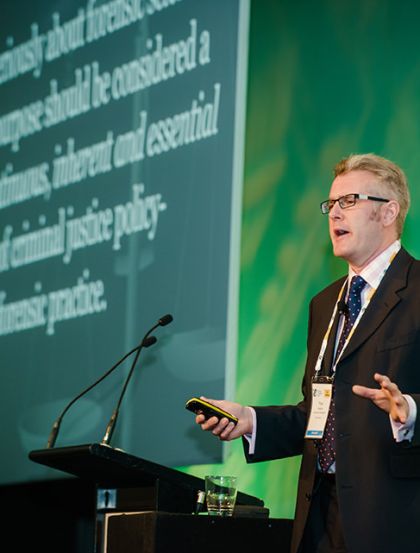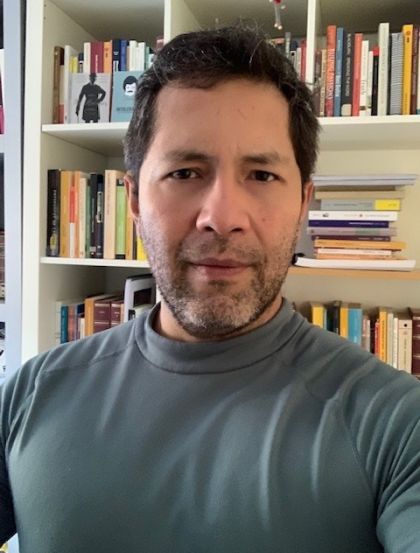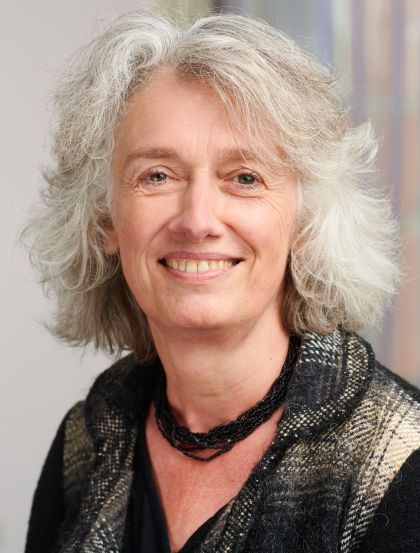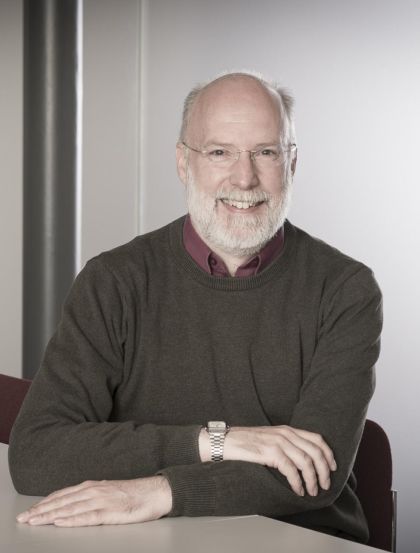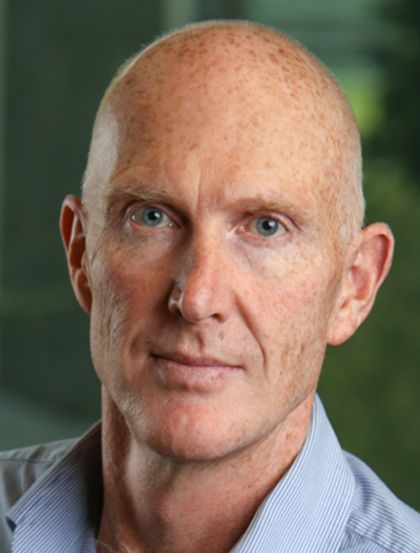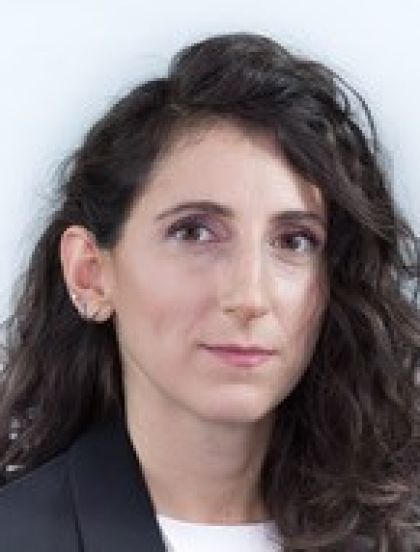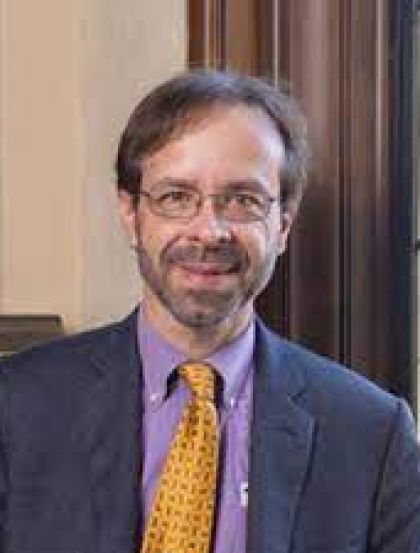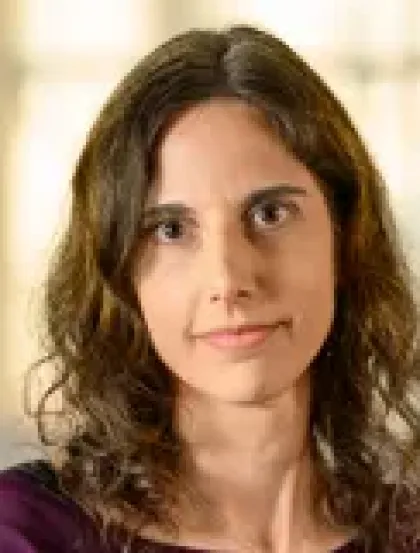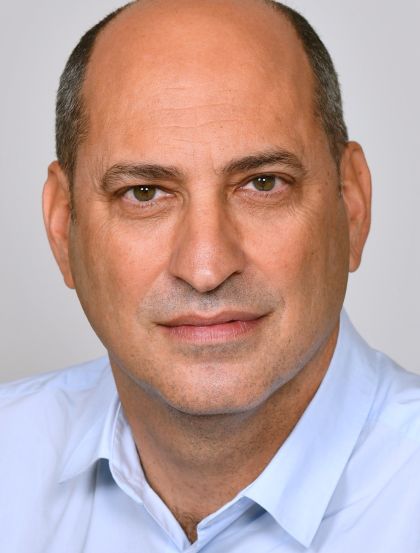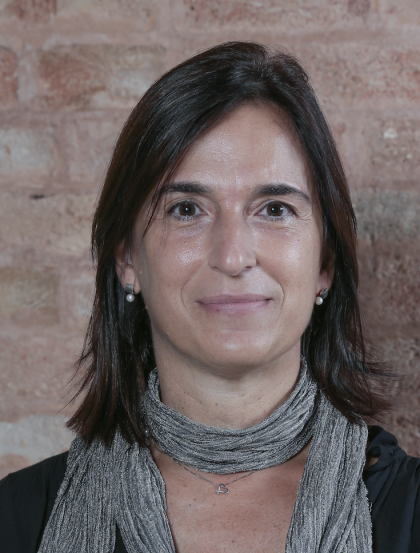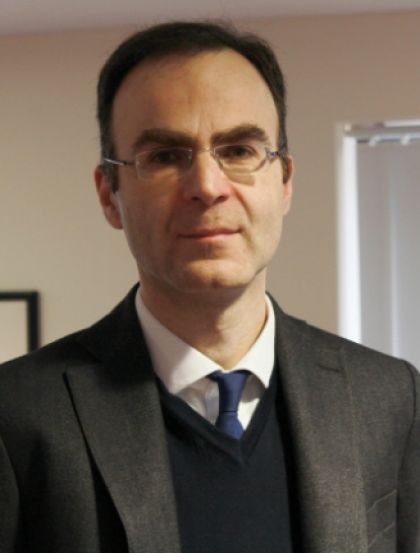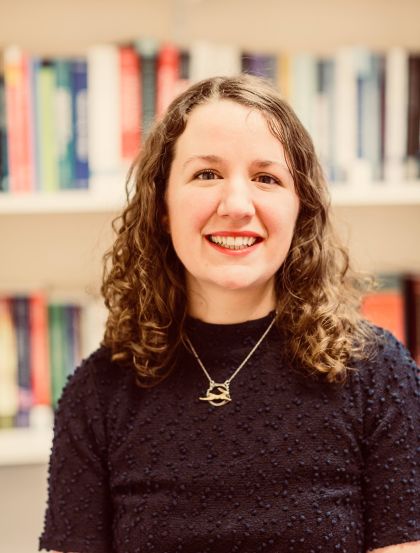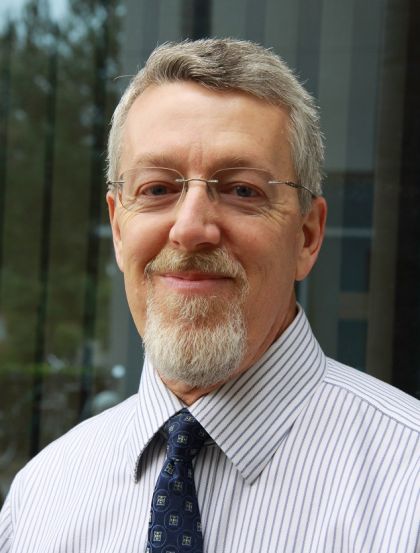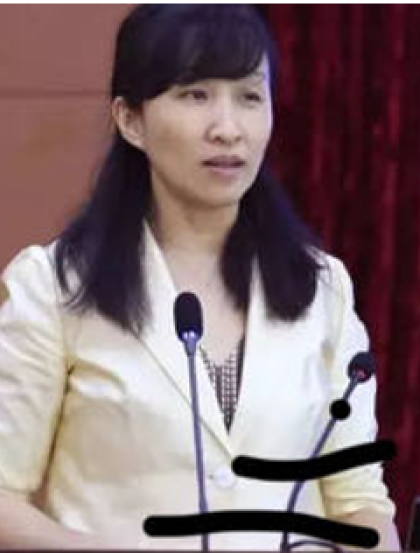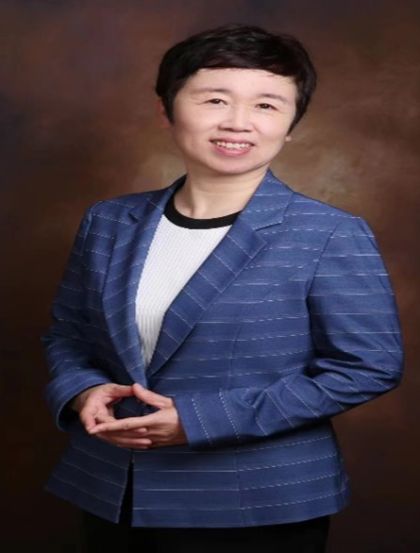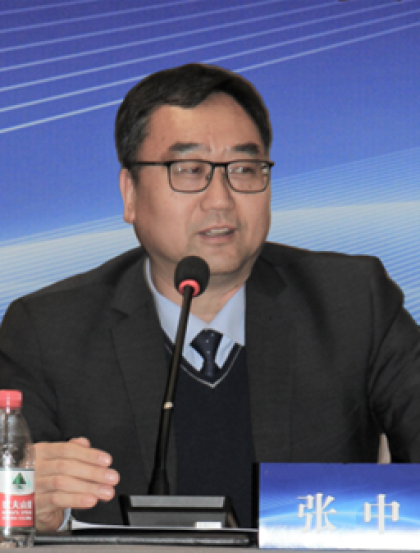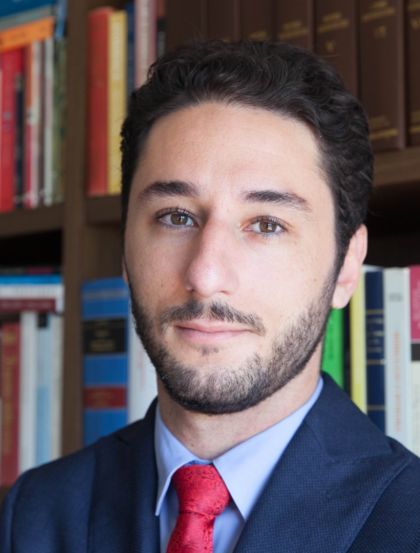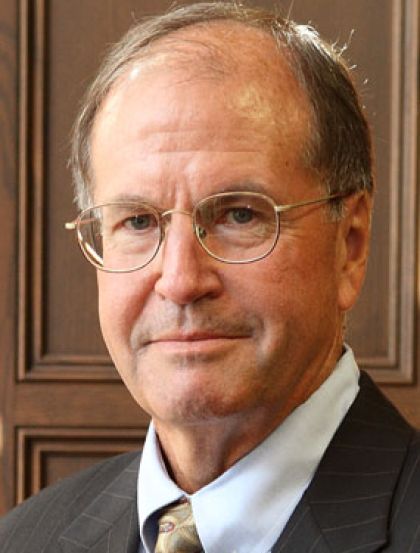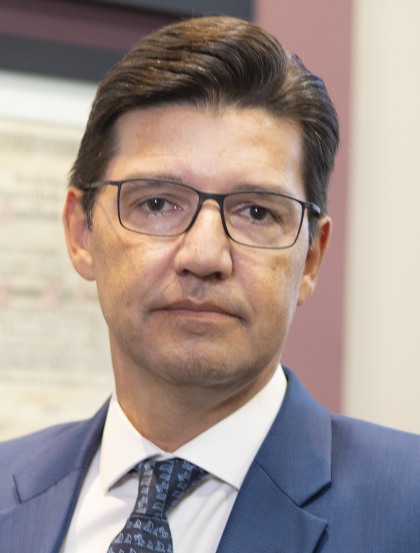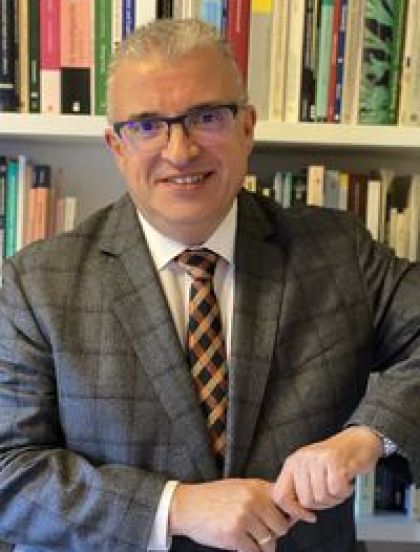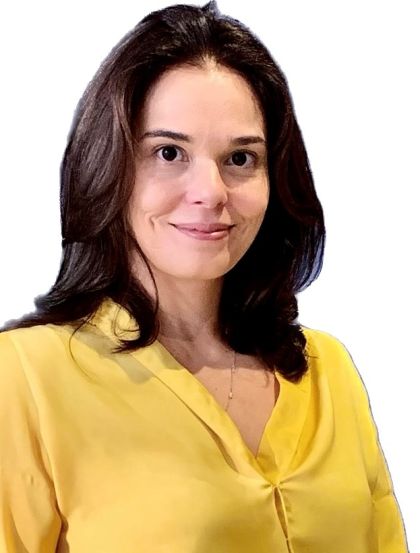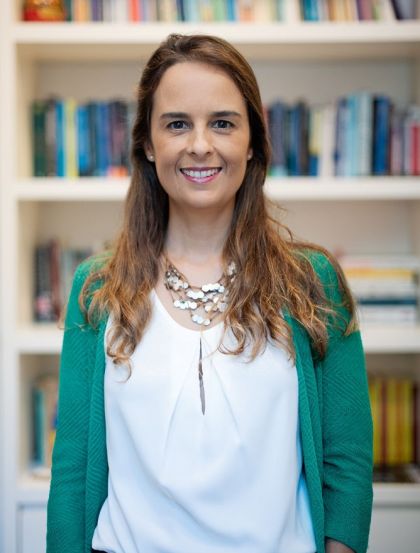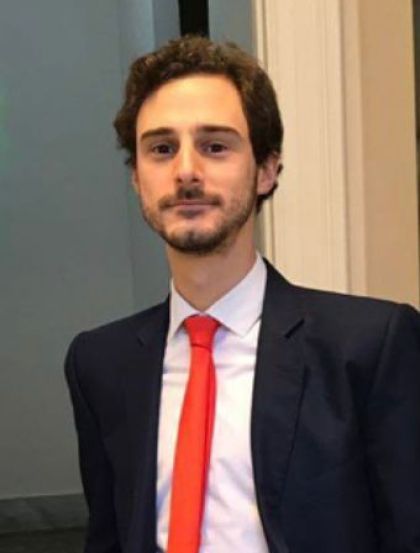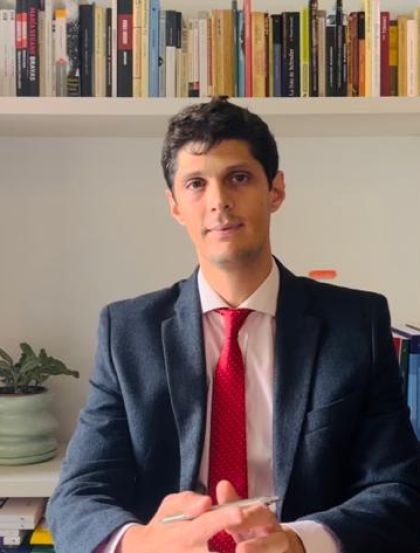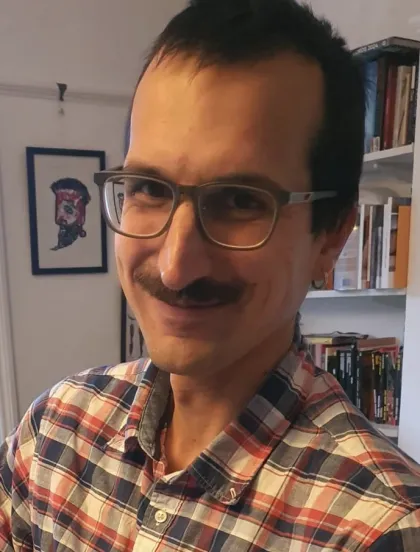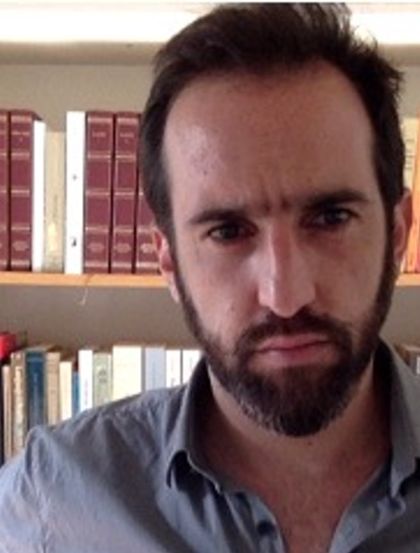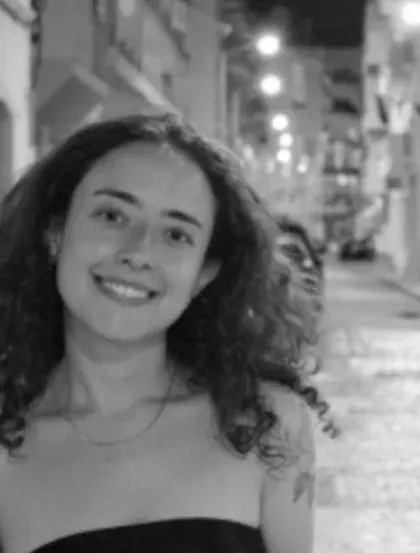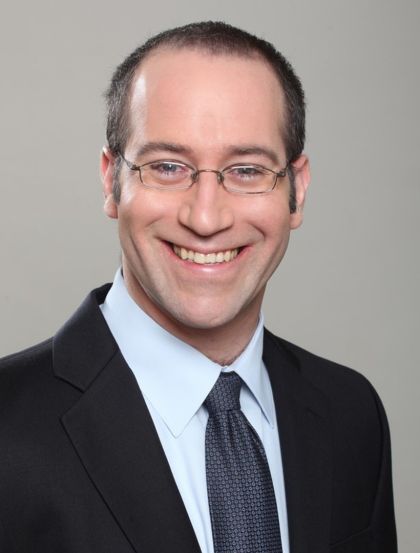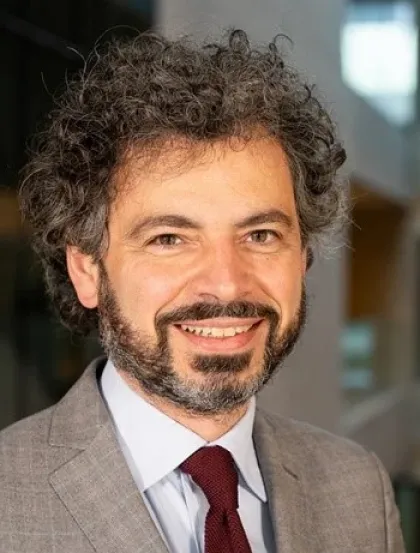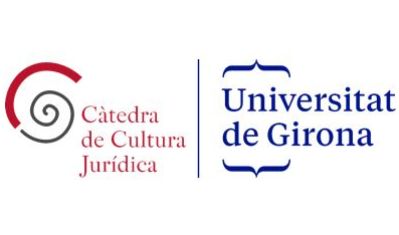Previous editions
2025
Plenary conferences
Panels
American Perspectives on Plea Bargaining
Evidential legal reasoning in High Courts
Short courses
Official Workshops
WS 1. Artificial Intelligence and Legal Proof: AI Models (in Support) of Legal Evidential Reasoning
Coordinated by Edgar Aguilera
Language: English
WS 2. Proof and error: different analytical perspectives in criminal justice
Coordinated by Mauricio Duce
Language: English
WS 3. Contemporary issues of evidence law and criminal trials
Coordinated by Talia Fisher
Language: English
WS 4. Workshop on ethical implications of the use of new technologies in fact-finding
Coordinated by Anne Ruth Mackor
Language: English
WS 5. Workshop on Evidence Law Reform and Related Scholarship in China
Coordinated by Chuanming Fan
Language: English
WS 6. Juridical Proof as an Explanation. Conversing with Ron Allen
Coordinated by Vitor de Paula Ramos & Carmen Vázquez
Language: English, Spanish and Portuguese
WS 7. Legal evidence from the perspective of social epistemology
Coordinated by Barcelona Institute of Analytic Philosophy (BIAP)
Language: English

Accepted Workshops (Call for workshops)
WS 8. La prueba en el arbitraje
Organised by Instituto Iberoamericano de Derecho Procesal (IIDP)
Language: Spanish
WS 9. Current Issues in U.S. Evidence: Problems that Arise from the Use of Juries and Adversarial Systems
Organised by Section of Evidence of the Association of American Law Schools (AALS)
Language: English
WS 10. Desafíos del razonamiento probatorio en la cooperación jurídica internacional
Organised by Conferencia de los Ministros de Justicia de los Países Iberoamericanos - COMJIB - (Enrique Gil Botero & Marco Fandiño Castro)
Language: Spanish
WS 11. Statements of Facts by Judicial Officers: Evidence at Hand
Organised by Union internationale des huissiers de justice et officiers judiciaires - International Union of Judicial Officers (UIHJ)
Language: English and French
WS 12. La prova del fatto negativo
Organised by Associazione Italiana fra gli Studiosi della Prova - AISP - (Luca Passanante & Roberto Poli)
Language: Italian and English
WS 13. El derecho a la salud en su dimensión preventiva: debates probatorios sobre daños derivados de actividades empresariales
Organised by O'Neill Institute for National and Global Health Law (Isabel Barbosa, Oscar A. Cabrera & Silvia Serrano Guzmán)
Language: Spanish (with simultaneous translation into English)
WS 14. Themes at the intersection of evidence law and philosophy
Organised by Federico Picinali
Language: English
WS 15. The principle of immediacy: a user’s guide
Organised by Valerio Aiuti & Giuliana Mazzoni
Language: English and Italian
WS 16. La prueba en los procesos ante la Corte Internacional de Justicia, el Tribunal Europeo de Derechos Humanos y la Corte Interamericana de Derechos Humanos
Organised by Fernando Allende Sánchez, David Thor Björgvinsson, Hrannar Hafberg & Baldomero Mendoza López
Language: Spanish and English
WS 17. El impacto de la enseñanza del razonamiento probatorio en las carreras de derecho latinoamericanas: reflexiones y experiencias para su abordaje en el grado
Organised by Cristian A. Puebla Fortunato
Language: Spanish and English
WS 18. Delitos sexuales y prueba: desafíos vigentes
Organised by Marianela Delgado Nieves, Gisela Santangelo & Mónica Traballini
Language: Spanish
WS 19. La prueba en la legislación
Organised by Carolina Fernández Blanco, Francesco Ferraro, Roberta Simões Nascimento & A. Daniel Oliver-Lalana
Language: Spanish and English
WS 20. European Perspectives on Negotiated Justice
Organised by Jacopo Della Torre & Giulia Lasagni
Language: English
WS 22. La sana crítica desde la perspectiva dogmática y jurisprudencial latinoamericana actual
Organised by Johann Benfeld & David Quintero
Language: Spanish & Portuguese
WS 24. Poderes probatorios del juez y deber de imparcialidad: ¿Incompatibilidad o armonía?
Organised by Luis Alfaro & Joan Picó
Language: Spanish
WS 26. Evidence & Proof: empirical and theoretical perspectives on the current frontiers of interpretation of scientific evidence in criminal proceedings
Organised by Alex Biedermann, Kyriakos Kotsoglou, Paul Roberts & Henry Zhuhao Wang
Language: English
WS 27. Serious crime, presumption of innocence and lowered standard of proof
Organised by Lívia Moscatelli & Marcella Mascarenhas Nardelli
Language: English, Spanish and Portuguese
WS 28. Diálogos entre el derecho procesal y el razonamiento probatorio
Organised by Daniela Accatino, Flavia Carbonell, Raúl Díaz, María de los Ángeles González, Nicolás Humeres & Germán Olmedo
Language: Spanish
WS 29. Pensando a Efetividade da Adequada Valoração da Prova
Organised by Fernando Braga, Rogerio Schietti Cruz, Maria Thereza Rocha de Assis Moura & Fernanda Prates
Language: Portuguese and Spanish
WS 30. Proceso, litigación y prueba
Organised by Nicolás Schiavo & Alfredo René Uribe Manríquez
Language: Portuguese and Spanish
WS 33. Objections to Bayesianism in legal evidence and responses from bayesians
Organised by Christian Dahlman & Anders Nordgaard
Language: English
WS 34. Looking inside jury adjudication
Organised by Jill Hunter, Mar Jimeno-Bulnes, Richard Kemp & Nancy Marder
Language: English
WS 35. Regulating Inferences: Examining the Admissibility of Group-to-Individual Inferences in U.S. Evidence Law
Organised by Teneille Brown
Language: English
WS 36. Problemas probatorios de los estados mentales en el derecho de los contratos y de la responsabilidad civil
Organised by Maximiliano Aramburo Calle & Rodrigo Parra Salamanca
Language: Spanish
WS 37. Fronteras (reales e imaginarias) entre Razonamiento probatorio y derechos humanos
Organised by Bruno Bianco, Diego Dei Vecchi, Alan Limardo, Pablo Rovatti & Diana Veleda
Language: Spanish
WS 38. La senda racional de los veredictos: deber de motivación y control epistémico en el tribunal de jurados
Organised by Américo Bedê Freire Júnior, Antônio Sérgio Cordeiro Piedade & Antonio Henrique Graciano Suxberger
Language: Portuguese, Spanish and English
WS 39. Prueba, ética y verdad, desde la perspectiva del razonamiento probatorio
Organised by Juan Antonio Andino López
Language: Spanish
WS 40. Informações de inteligência e a prova no processo penal
Organised by Nara Nishizawa & Raquel Santoro
Language: Portuguese and Spanish
WS 41. Workshop sobre razonamiento probatorio en procesos y procedimientos tributarios
Organised by Víctor García Yzaguirre & Hugo Osorio Morales
Language: Spanish, Portuguese and English
WS 42. Decisiones intermedias: teoría, práctica y aplicación desde el razonamiento probatorio
Organised by Fiorella Chinchay Habich & Martha Pabón Páez
Language: Spanish
WS 43. Sobre las particularidades del derecho ambiental y las supuestas dificultades probatorias de los daños e impactos al medio ambiente: ¿Mitos o realidades?
Organised by Florencia Evans Zaldívar, José Hernández Riera & Sebastián Rebolledo Aguirre
Language: Spanish
WS 44. La influencia del razonamiento probatorio en la jurisprudencia penal y civil peruana
Organised by Jesús Manuel Bautista Alderete, Raquel Limay Chávez & Juan Humberto Sánchez Córdova
Language: Spanish
WS 46. La prueba ilícita en el escenario del razonamiento probatorio
Organised by Emma Calderón Arias
Language: Spanish
WS 47. El hilo, la trama y el desenlace: el papel del onus probandi en el proceso del siglo XXI
Organised by Artur Carpes & Ana Rodríguez Álvarez
Language: Spanish
Guest speakers: Nicolás Baquero, Raymundo Gama, Isabelle Marne, Vinícius Antônio Toscano Simões Nabak, Pedro Quintaes Peres y Felipe Villa
WS 48. Racismo y prueba judicial
Organised by Thiago Turbay Freira
Language: Portuguese and Spanish
WS 50. Correspondence and Beyond: New Approaches to Truth in Law and Evidence
Organised by Elena Marchese & Michele Ubertone
Language: English
WS 52. Evidentiary Contracts and Agreements: Party Autonomy determining the Rules of Evidence
Organised by Antonio Cabral
Language: Spanish and English
WS 53. Los hechos en el Derecho administrativo: las valoraciones probatorias de las decisiones administrativas
Organised by Raúl Letelier Wartengberg & Luis Medina Alcoz
Language: Spanish and English
WS 54. El razonamiento probatorio: su control en segunda instancia
Organised by Carlos de Miranda Vázquez
Language: Spanish
WS 55. Admisibilidad de la prueba: verdad y ponderación
Organised by Leandro Giannini
Language: Spanish
WS 56. A prova no direito brasileiro: pretérito, presente e futuro
Organised by Instituto Brasileiro de Direito e Raciocínio Probatorio
Language: Portuguese
WS 57. Probabilistic AI Systems in Law Enforcement
Organised by Michele Sevegnani
Language: English

